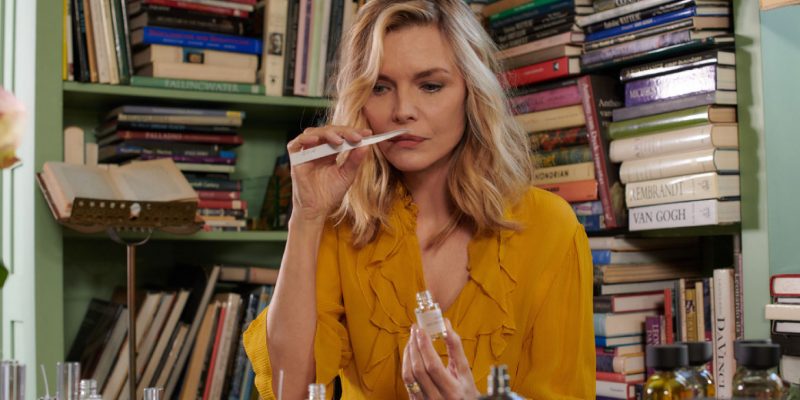How’s this for confidence? “I don’t want to get ahead of myself, but we may have found the holy grail of cosmetics,” says Youcef Nabi, global president for Lancôme Paris. He is referring to Absolue L’Extrait—“an anti aging wonder.” The French company’s new cream contains over two million rose stem cells, said to slow the aging process. “These cells are to cosmetics what crocodile leather is to Hermès,” he says. “The luxury of the product is found in the exclusivity of the ingredient.”
This breakthrough all started with an abandoned French castle. In 1935, perfumer and cosmetician Armand Petitjean was so charmed by the ruins of Le Château de Lancosme and the surrounding wild rose bushes that he chose to name his company Lancôme and use the rose as its emblem. In 1973—after more than 20,000 different hybrid-rose-bush trials—the Lancôme rose, with its knockout fuchsia bloom, became a reality. A cross between a deep-mauve rose bush and the “oak tree” (a rose bush named for its extreme sturdiness), the Lancôme rose is grown exclusively in the open fields of Châteaux de la Loire. It also has a limited growing season, so this means that there are only a few thousand bushes produced each year. The Lancôme rose’s capacity to adapt and remain resilient to different environmental stressors gives the rose stem cells their unique cosmetic properties.
For Lancôme, discovering the exact function of these cells wasn’t a sure thing. “We don’t yet fully understand the range of functions or possibilities of these cells,” admits Dr. Véronique Delvigne, scientific director for Lancôme, when we meet in Paris to discuss the research findings. “We thought these rose-derived cells would work well with the skin, but we could never have predicted that they would be so efficacious.”
Over several clinical trials, the Lancôme cream was shown to stimulate the dermal layer, also known as the “building blocks” of the skin. If this layer remains healthy, the entire structure of the skin improves, which means better elasticity, moisture retention and collagen production as well as a reduction in the rate at which cells age. (Studies show a 63-percent increase in the rate of cell regeneration after 10 days.) Delvigne also found that these cells help reduce hyperpigmentation—proof that working with plant-based cells is much like hitting up a sample sale: You never know what you’ll find. “When you work in a relatively new field, sometimes you get lucky!” she says.
Read more:
An anti aging must: Retinol skin care products
The top skin care esstentials: Skin brighteners








